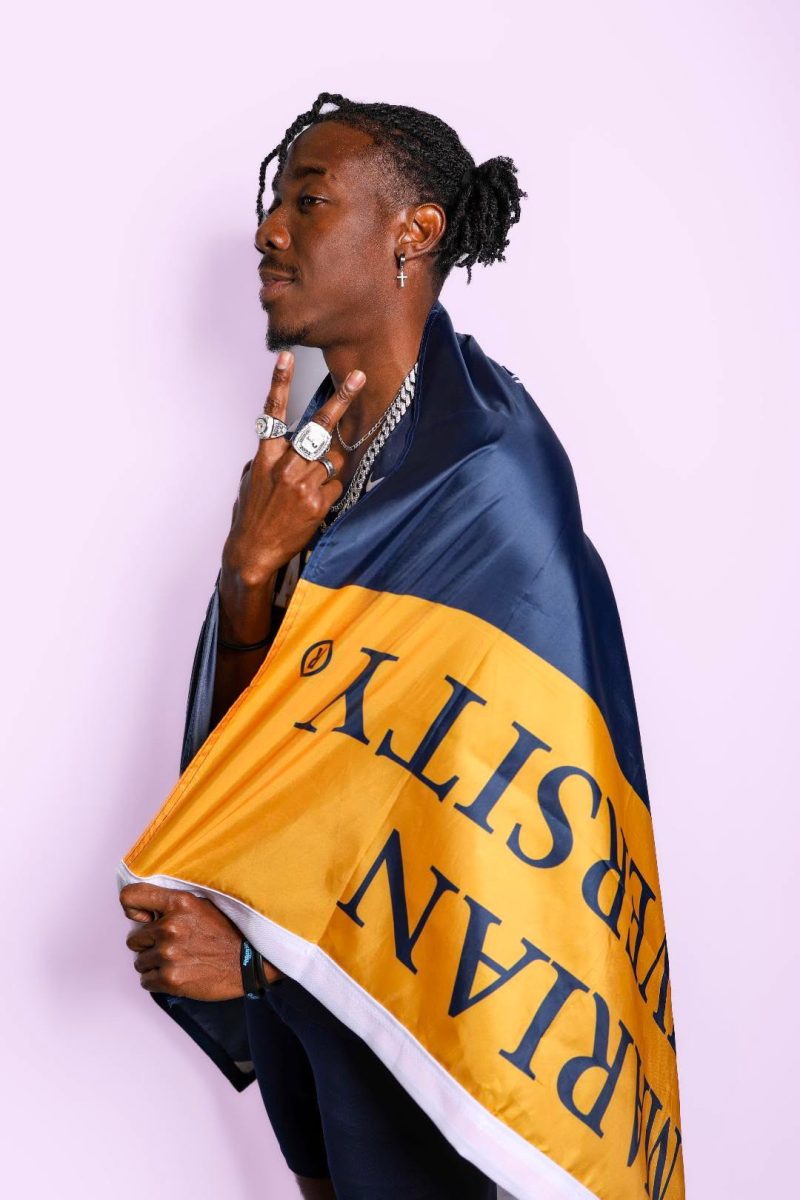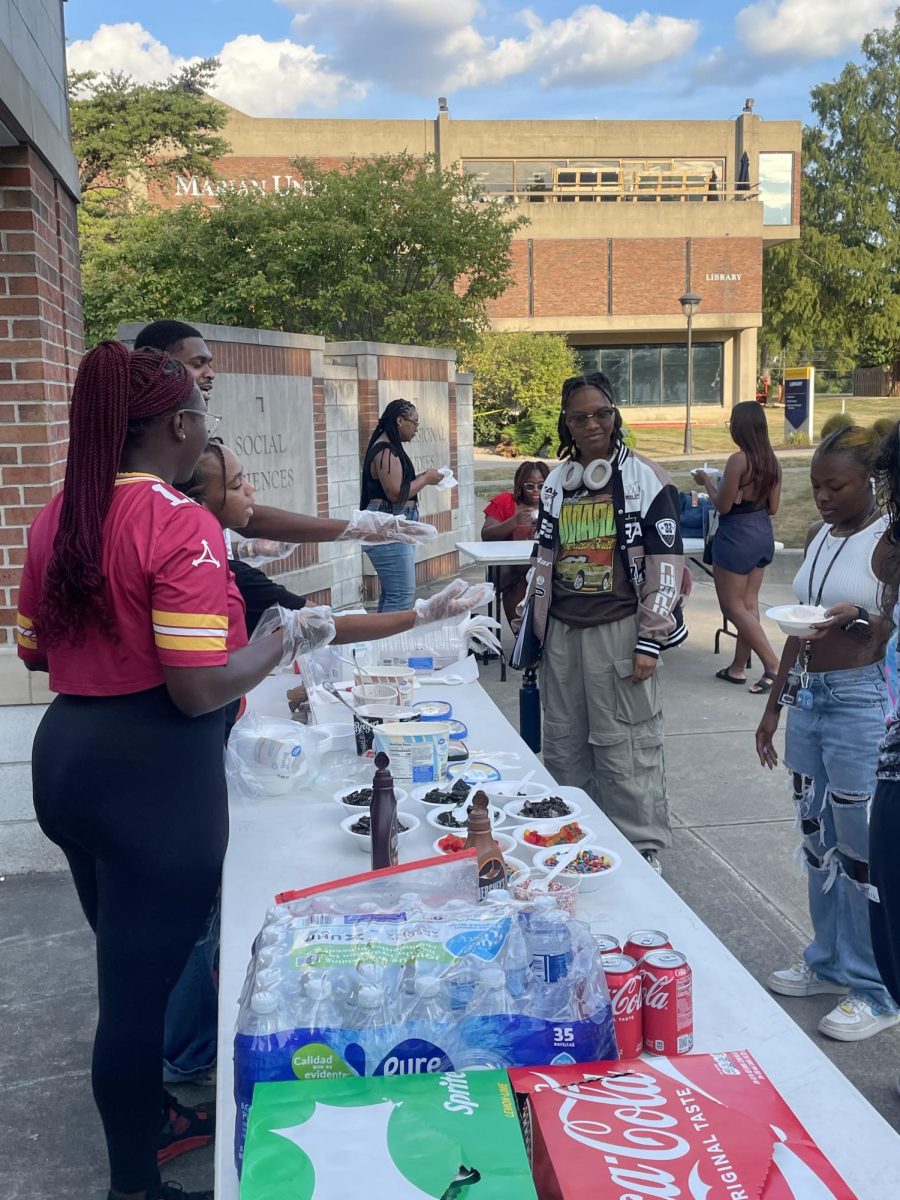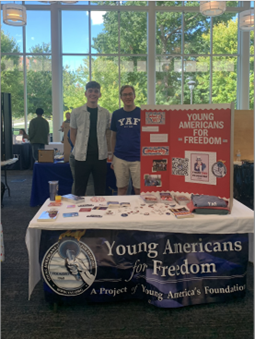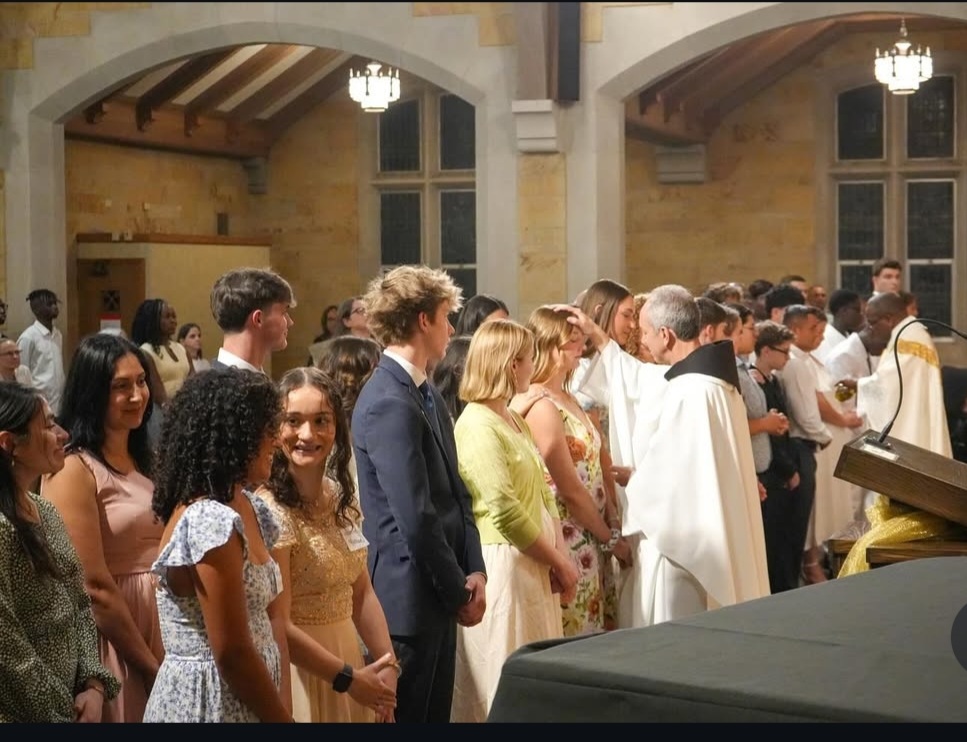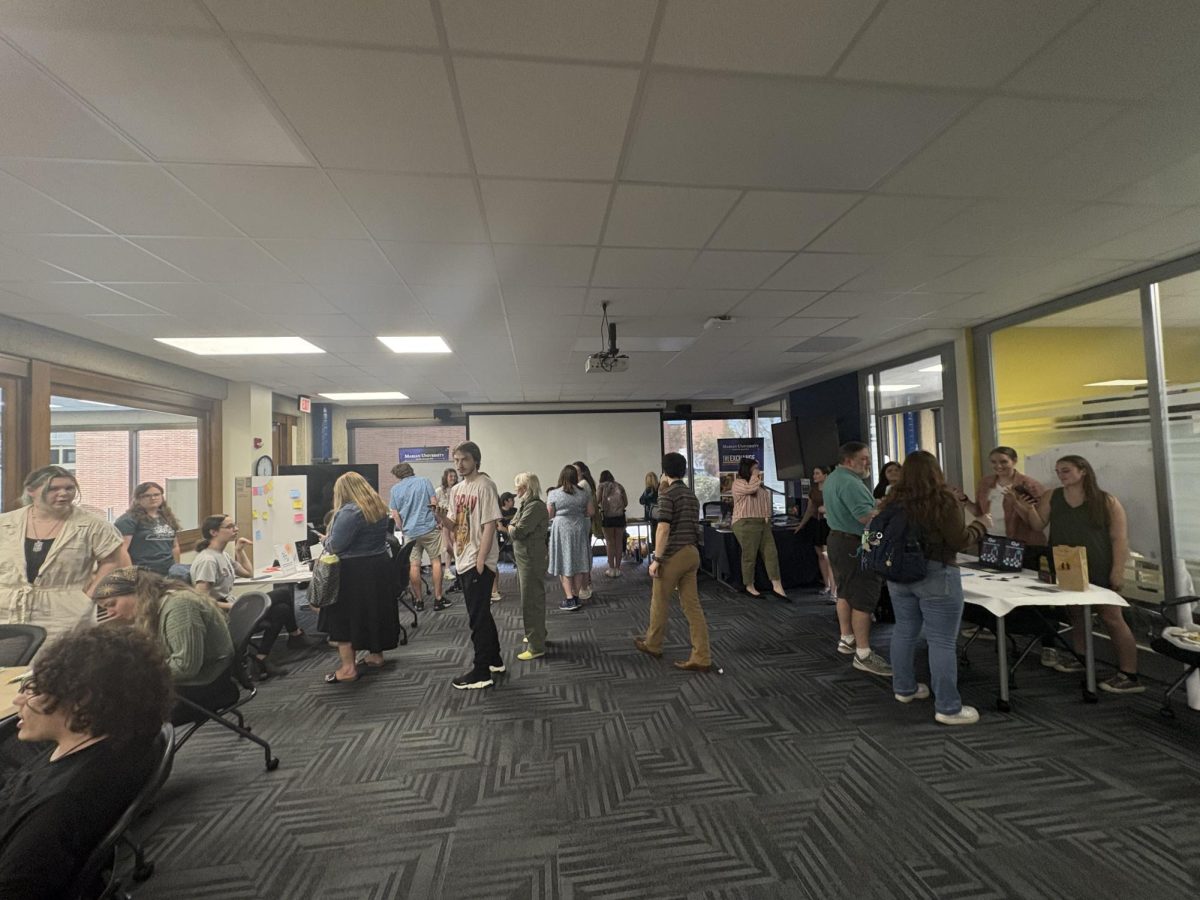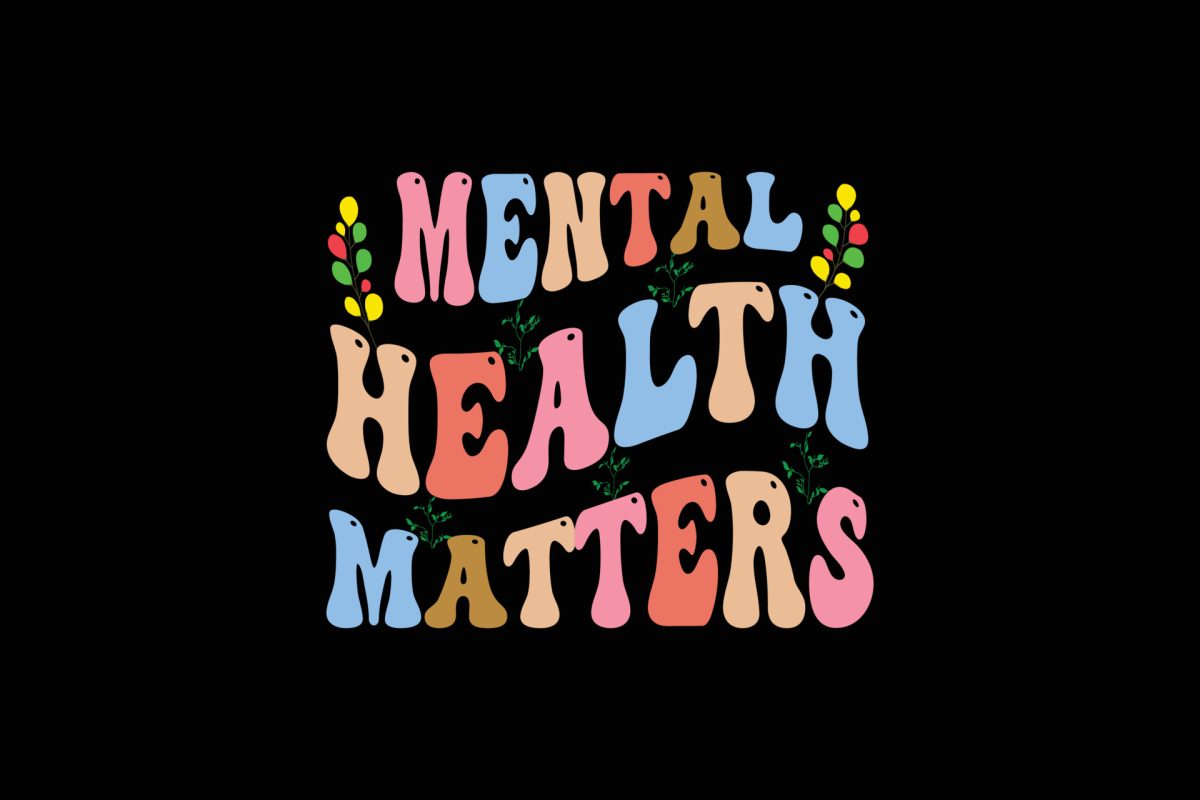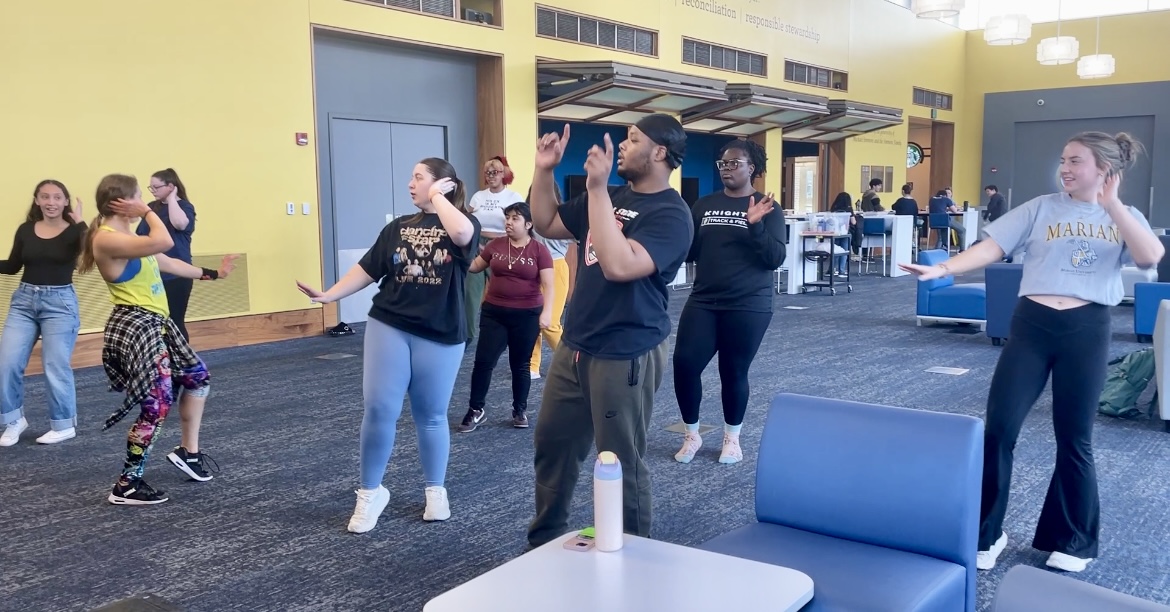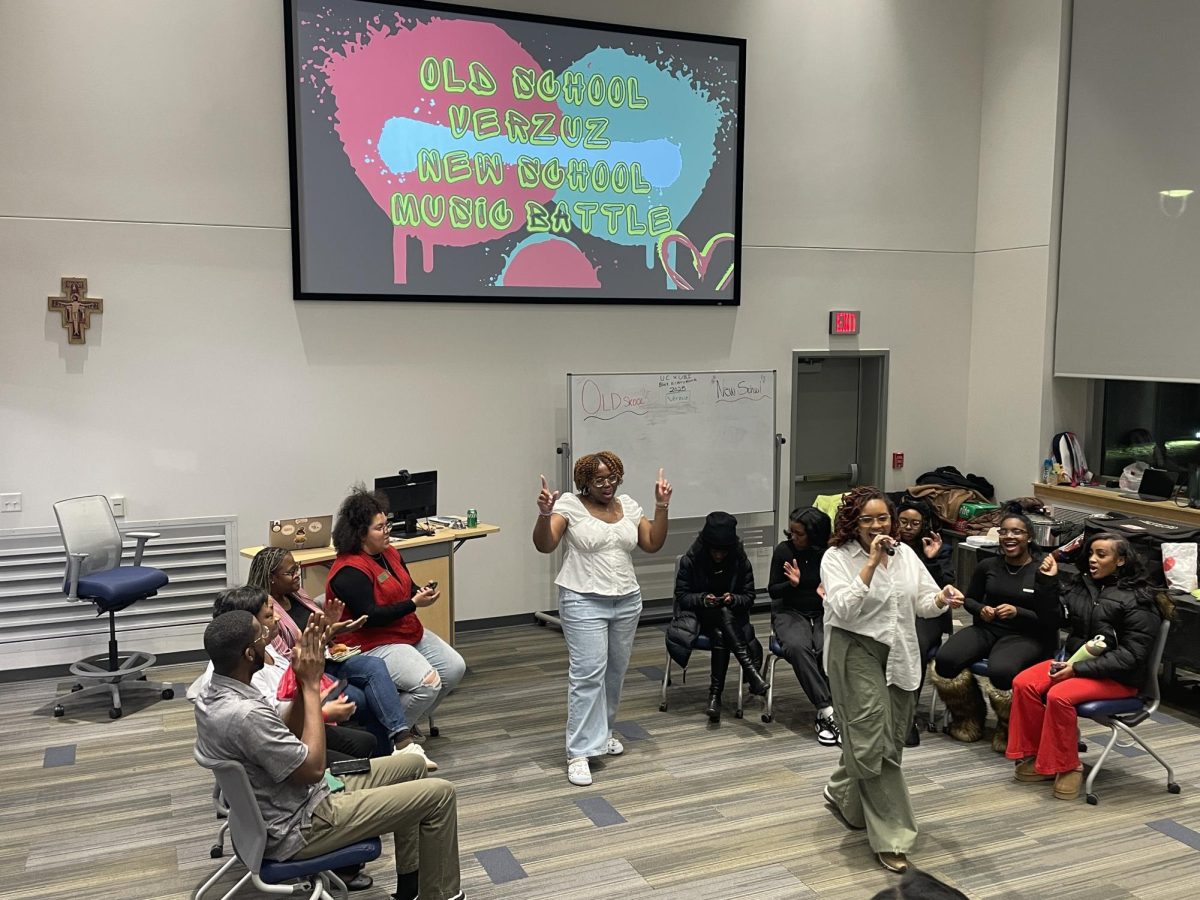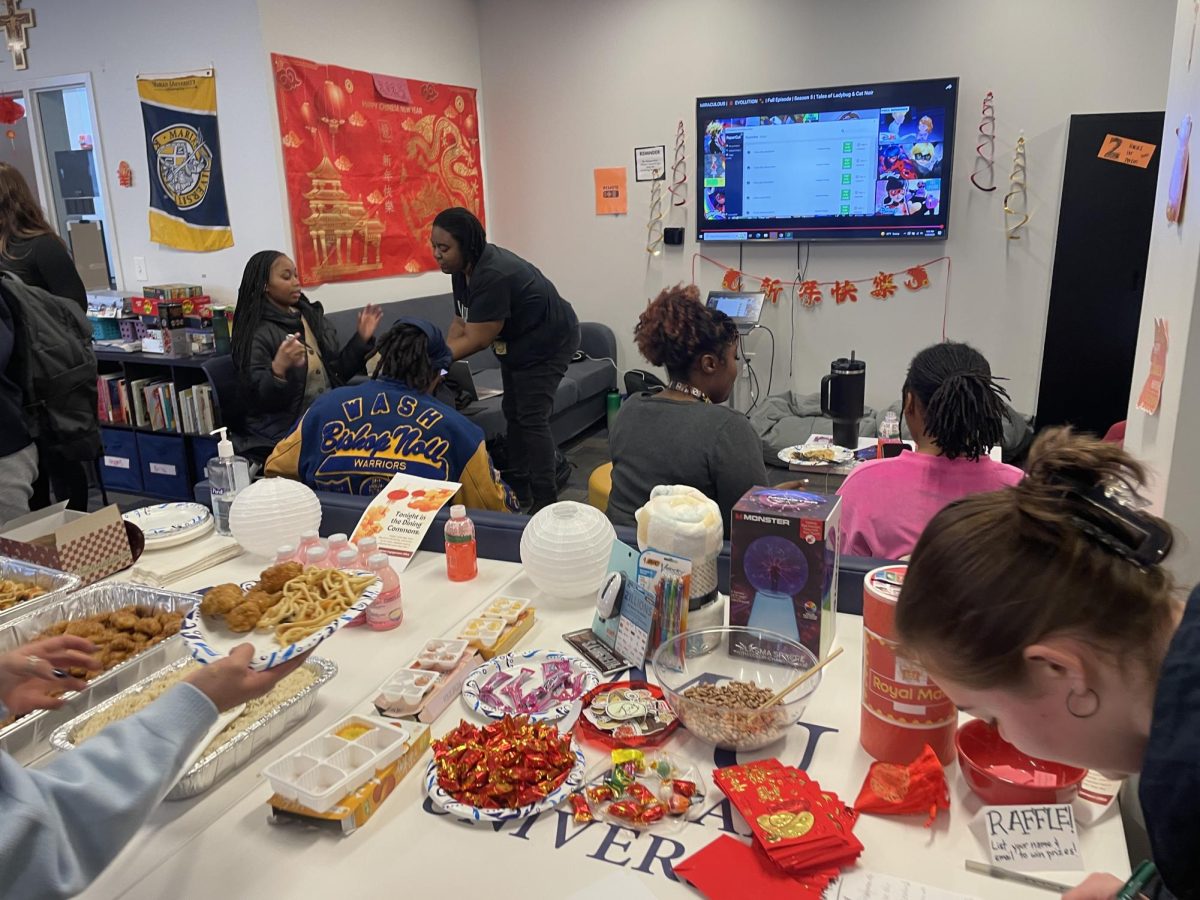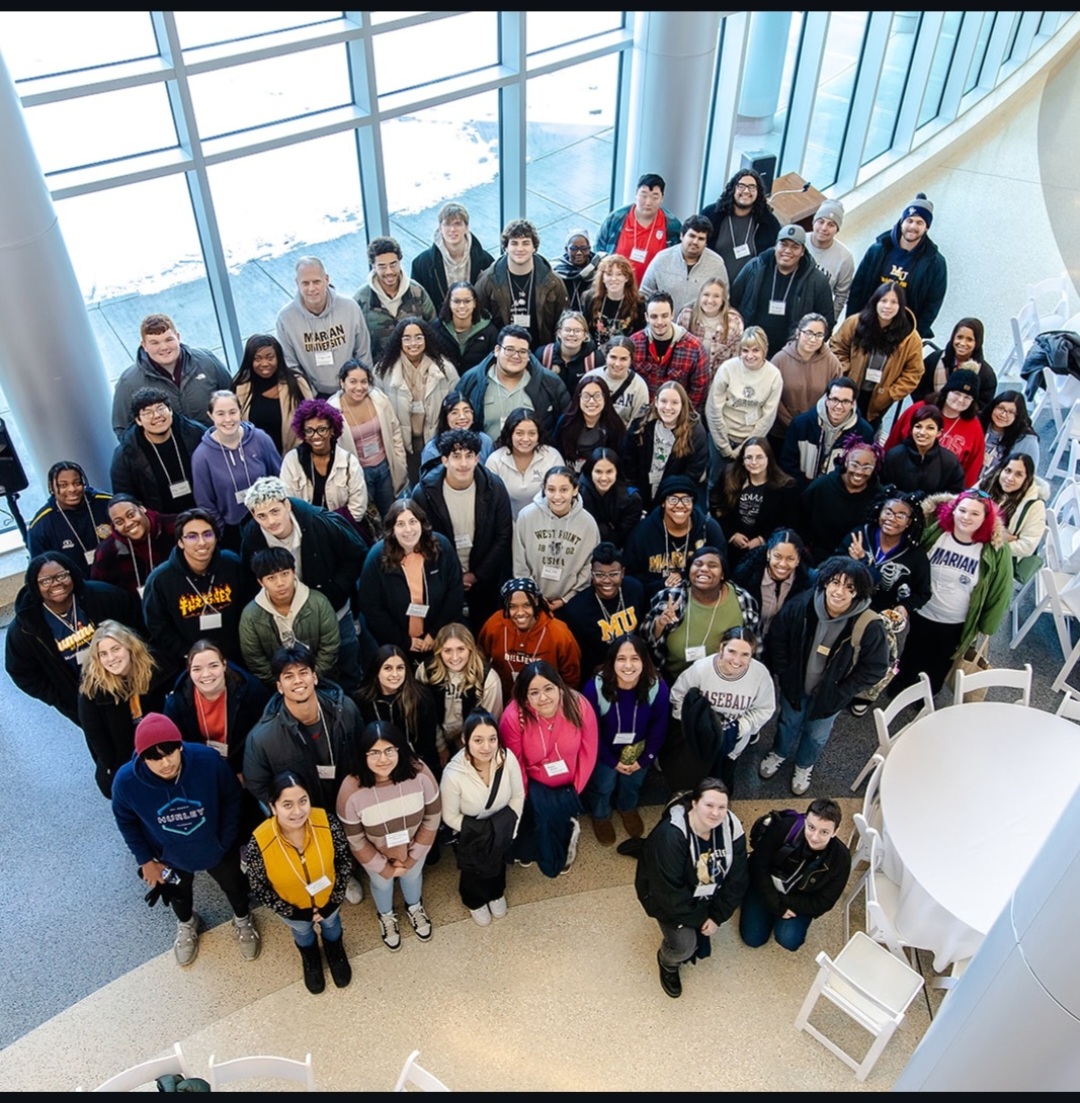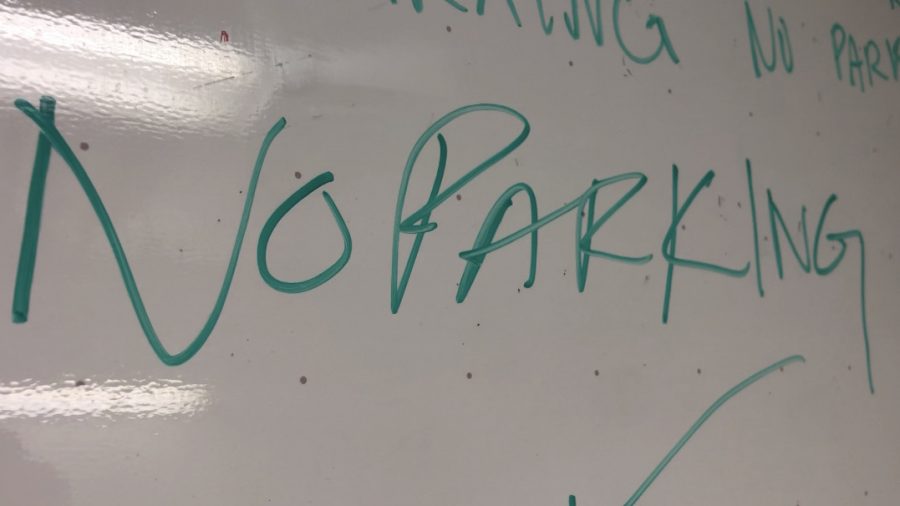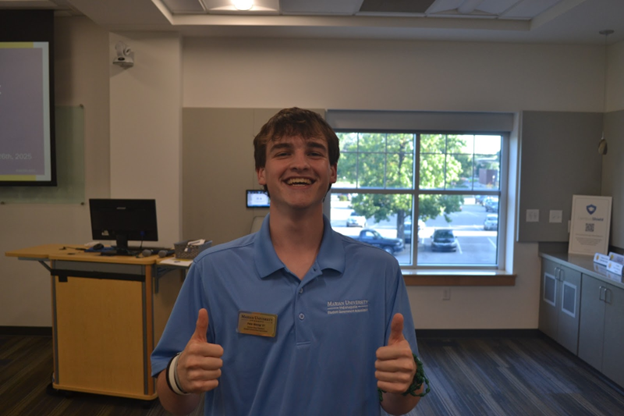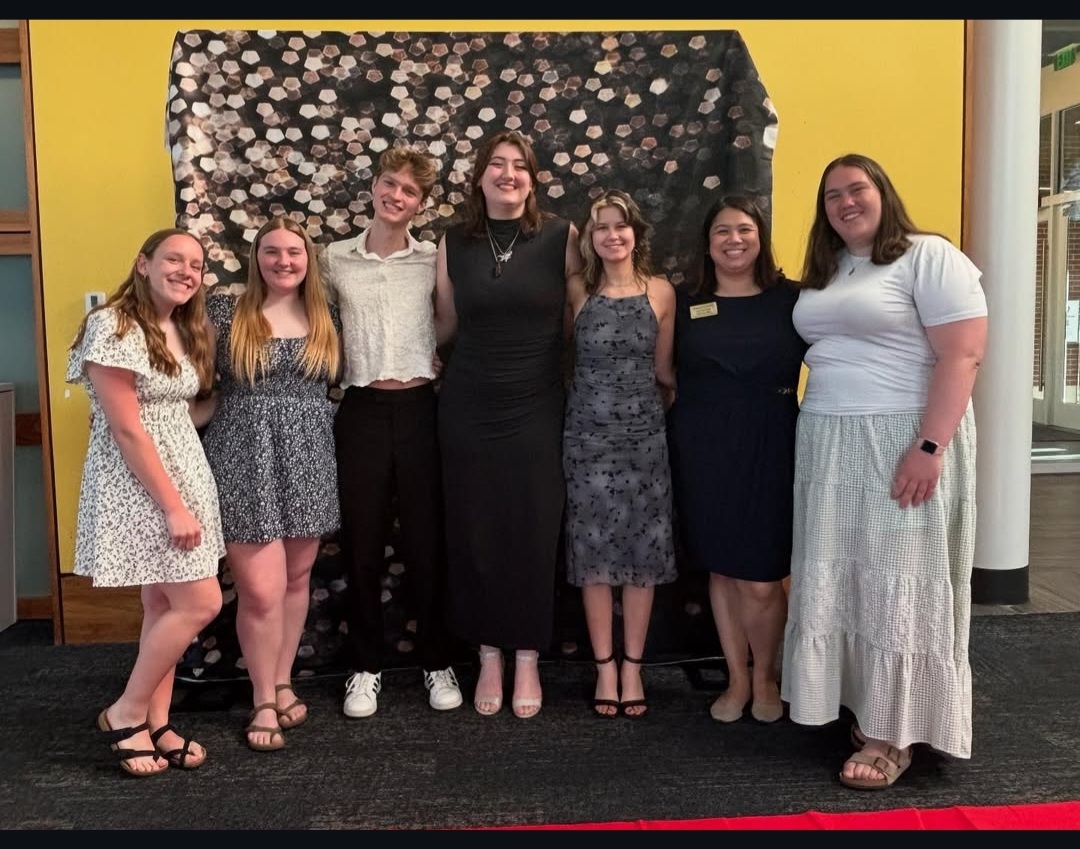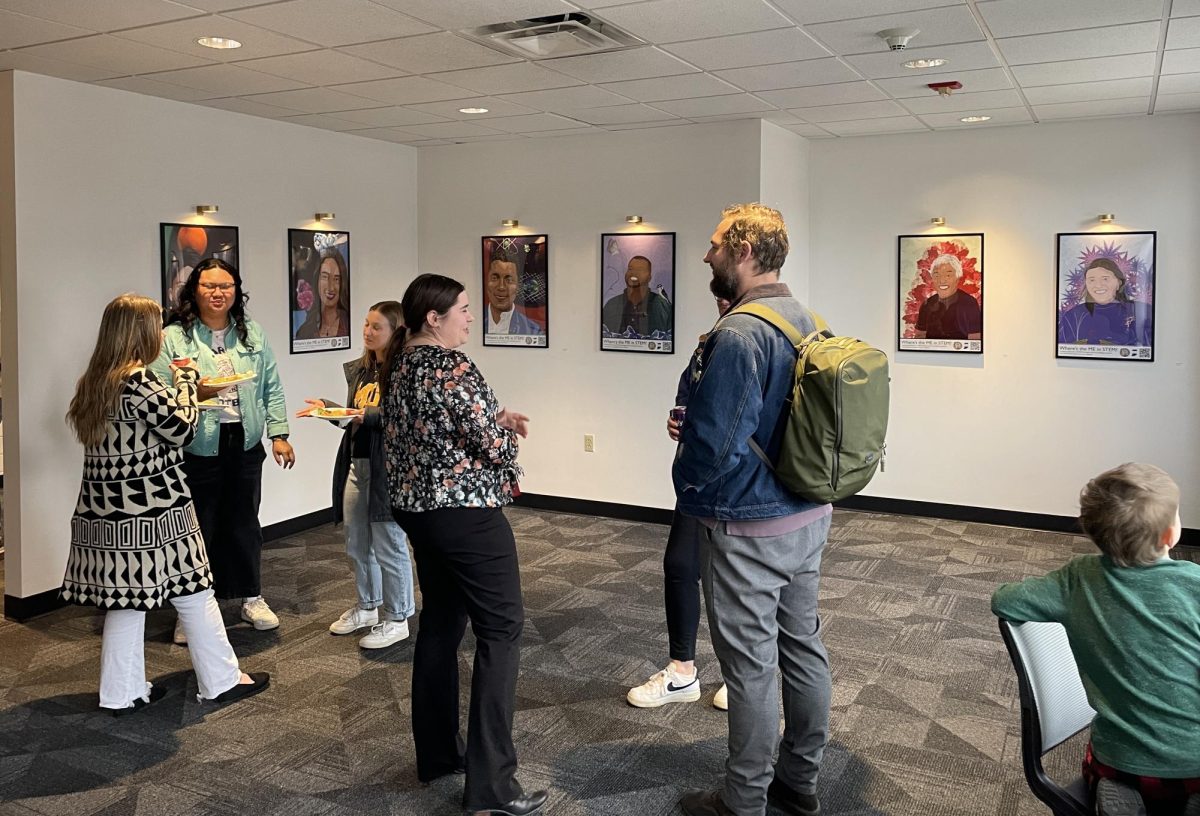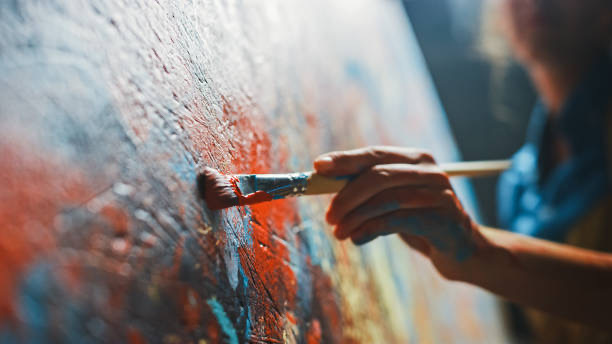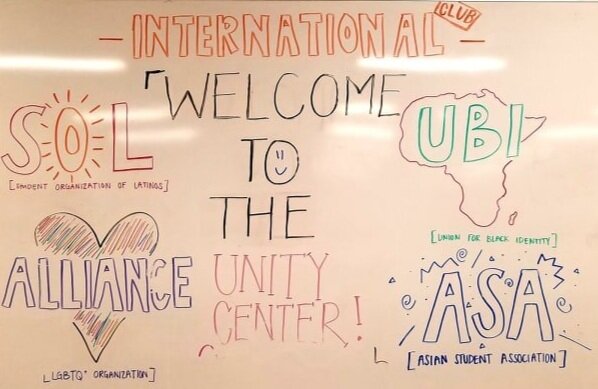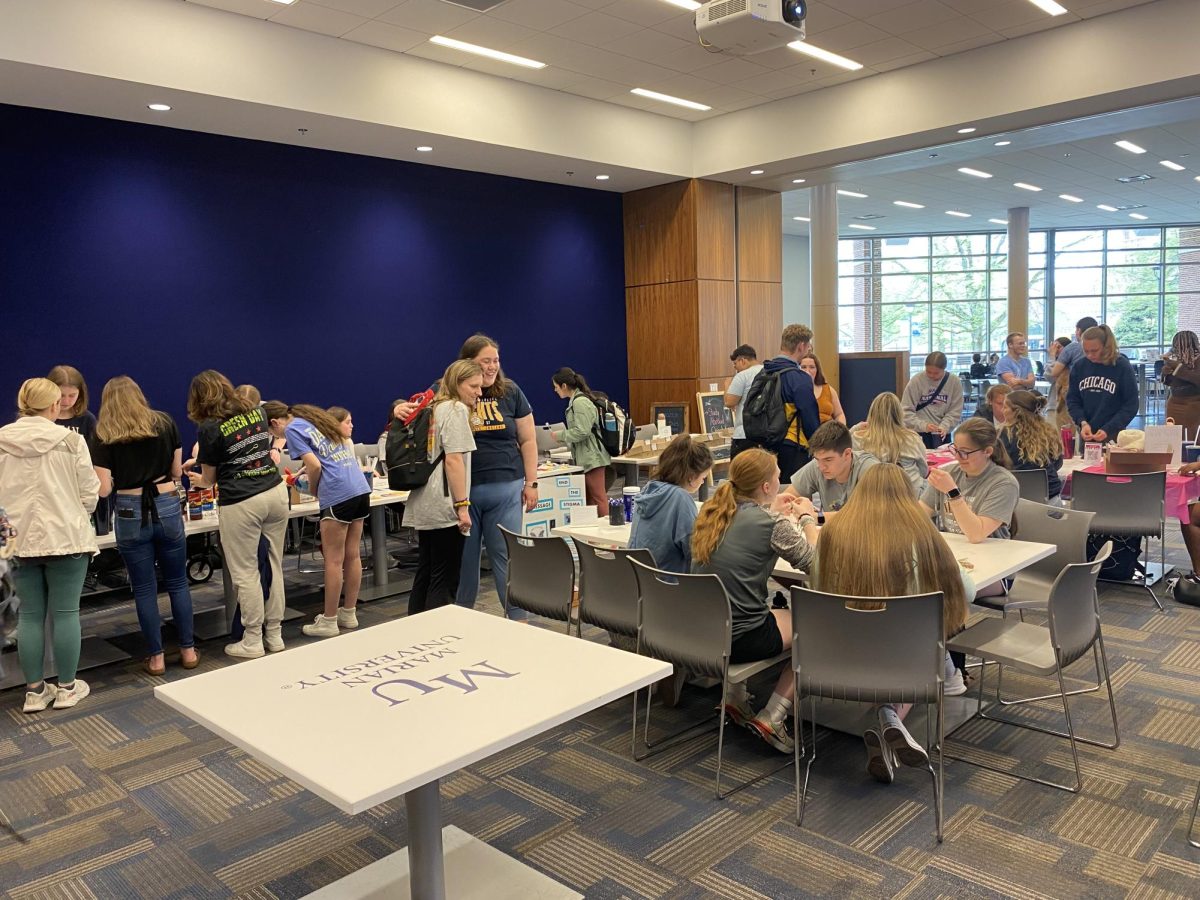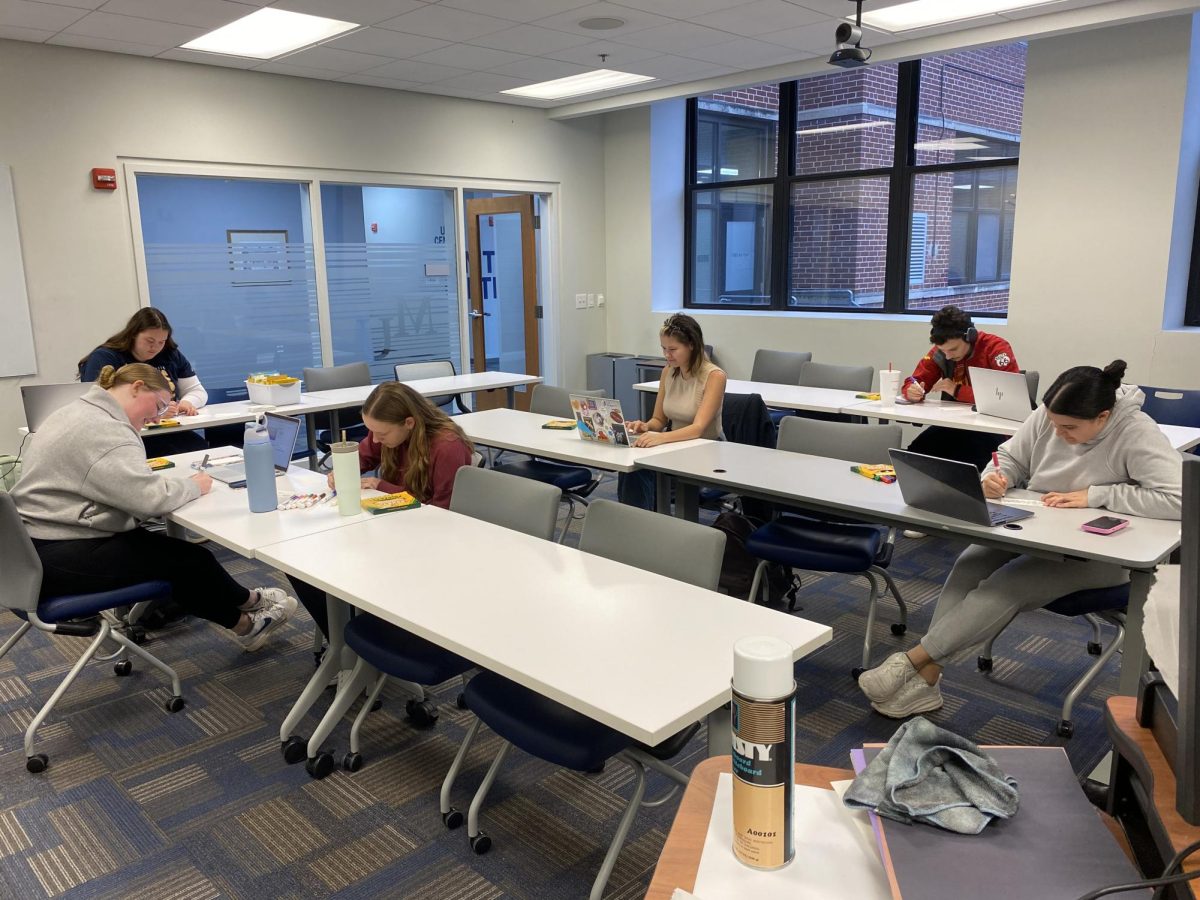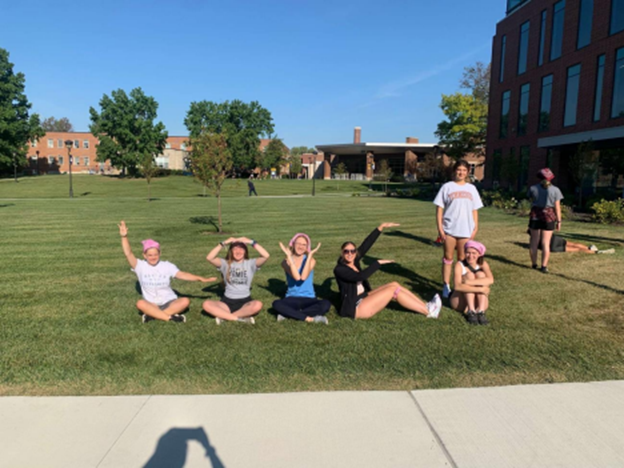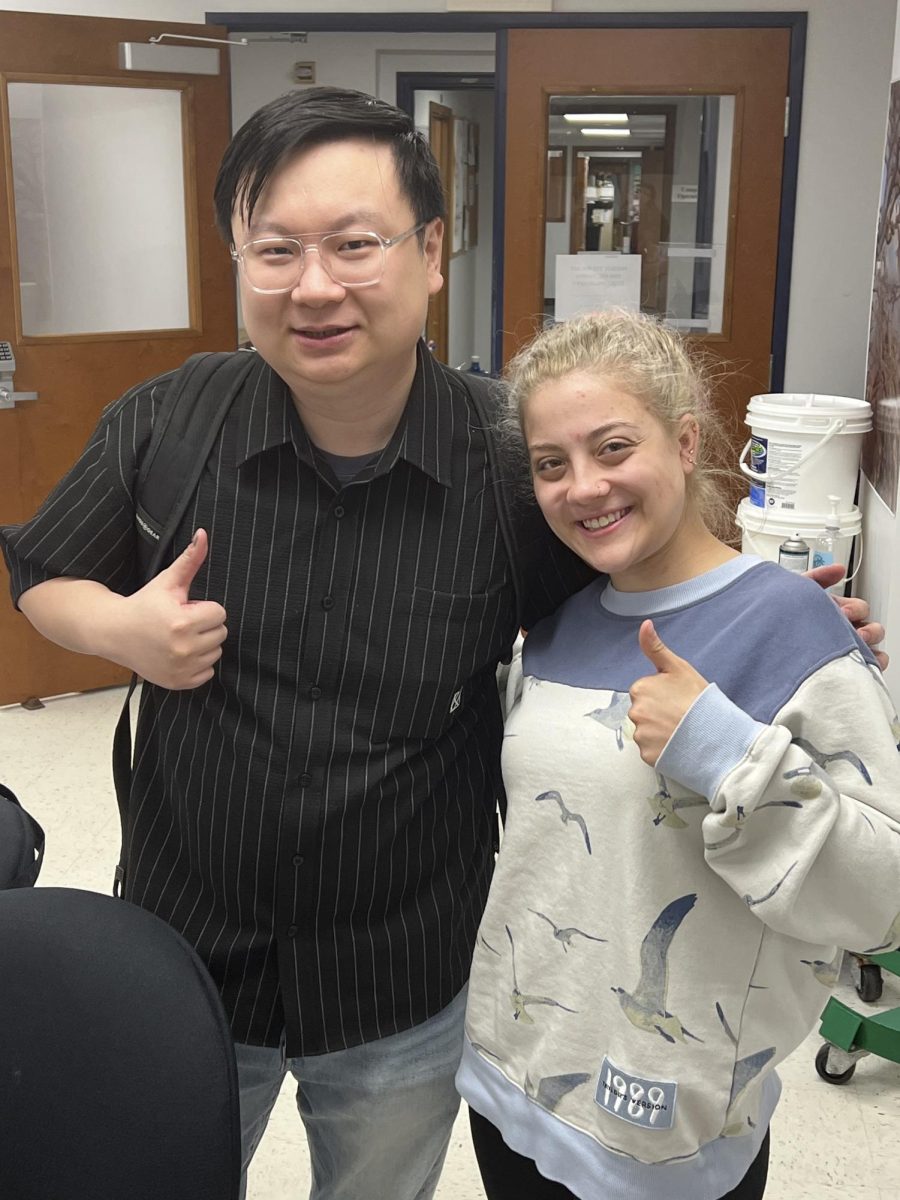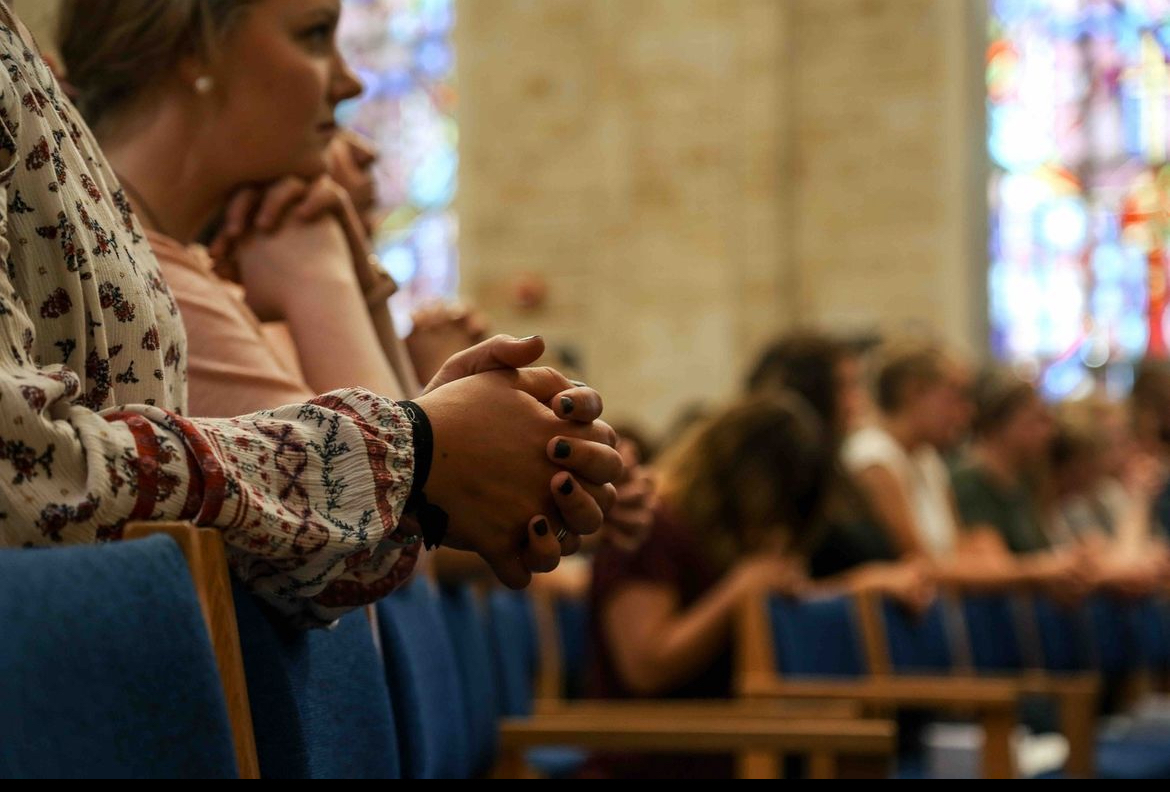Written By: Maddie Smith, Staff Writer
On campus, the Unity Center, also called the Multicultural Center, has become a staple to Marian University. Davyd Hall, the Director of the Unity Center, describes the unity center as friendly inviting space for everyone.
He said, “[It is a space] where students with multicultural back grounds feel comfortable and commuters can find home away from home. It is a lounge space for everyone to find rest.”
For many students, the center is where they spend all their downtime in between classes and where they go to hang out with their friends in the evening after their classes. Although some students consider the Unity Center to be beneficial to campus, it seems that some of them don’t feel welcome or they feel awkward based on past experiences.
While some of these students happen to be white, some of the students that expressed these feelings were people of color. The students articulated that despite how the space is intended to make them feel safe, appreciation, and feel like a second home, they often experienced opposing feelings. This article uncovers why students feel this way and to discover if the center is maintaining a welcoming environment.
Tamara Johnson, a sophomore whose name has been changed for personal preference, expressed that she felt awkward going into the center.
She said, “I feel awkward sitting in the Unity Center…. maybe it’s awkward because I’m awkward or I don’t know the people, so they just stare. They have a tight knight community which is great, but it feels awkward for someone from the outside coming in.”
While the Unity Center is home to several different groups and programs for all the diversity at Marian, some students feel that there may be a few minorities that are not represented.
Johnson said, “I am one of the few non represented cultures in there they acknowledge it, but there isn’t anything for us. I don’t know if they could make anything for us through because there is very few of us. We’re talking single digits.”
Tamara is not the only student of color that feels this way. Al Ondra is a sophomore student who is renamed to remain anonymous. She recalls her first experience as having several mixed emotions when visiting the unity center for the first time.
“I remember walking in and thinking that I wasn’t allowed to be in that space because it had been claimed by a group on campus. At first I felt uncomfortable because when I walked in I felt eyes staring me down, yet not one word said to me,” she said, “Everyone in the room was a person of color, even myself, but I don’t think I’ve ever felt that singled out by another minority on campus.”
Ondra also said, “Even though I did feel a bit awkward, I knew that it wasn’t the case and that all were welcome. I talked to some people about it and was reassured that it was for everyone and sometimes non-minority groups don’t go in there because there are minorities in there and they don’t want to cause tension.”
However, she said that after actually spending time at the Unity Center as a member of SOL, she said her feelings changed completely. She no longer feels awkward about going into the center. Instead, she feels she belongs there. In addition, she encouraged her peers to use the center and convinced them it is a welcoming space for everyone.
Other students who are not involved in the center claimed sitting inside can feel awkward. Conversely, students who are a part of the Unity Center expressed that it is just as awkward on their end when people come in and sit. Megan Garcia, a freshman secondary education major, is among the latter.
She said, “They walk in they look around and walk back out. If we invite them in, they either look around and leave to be polite. Or they go sit in the corner away from everyone else and don’t talk if we try to initiate anything.”
She further explained, “The Unity Center stands for a place on campus where any diversity is included and accepted, and it shouldn’t be a problem. No one is superior to anyone and it can be a place to study if you want. We know how to respect their place.”
Ernesto Lopez, a freshman finance major, agreed with Garcia.
He said “It should be a place where everyone is welcome do their own thing, hang out, relieve stress, do their schoolwork, there shouldn’t be anything to worry about”
When discussing how this issue can easily be resolved, Director Davyd Hall said, “Solution-wise, I would encourage both students who frequent the Unity Center and who are visiting to speak. The solution can easily be found if more communication and openness is found on both sides.”
In addition, he provided another solution that could hopefully fix future awkward situations.
He said, “If any student ever doesn’t don’t feel comfortable or awkward they should talk to me or the president executives of the several clubs to suggest things to feel more welcome or get advice on how to do that. Not write things off immediately after one bad experience.”
In the end, the solutions emphasize that there should be a joint effort between both sides so that students feel less awkward about visiting the Unity Center, and for the unity center to continue to provide a safe, welcoming space for everyone.
Ondra sums up this idea.
She said, “I think that everyone needs to feel the sense of belonging and hospitality from the Unity Center for it to truly represent what it stands for, and that it is going to take work from both sides of this story. I hope people now start to feel a sense of unity because it truly is the people, not the place, that built that.”
